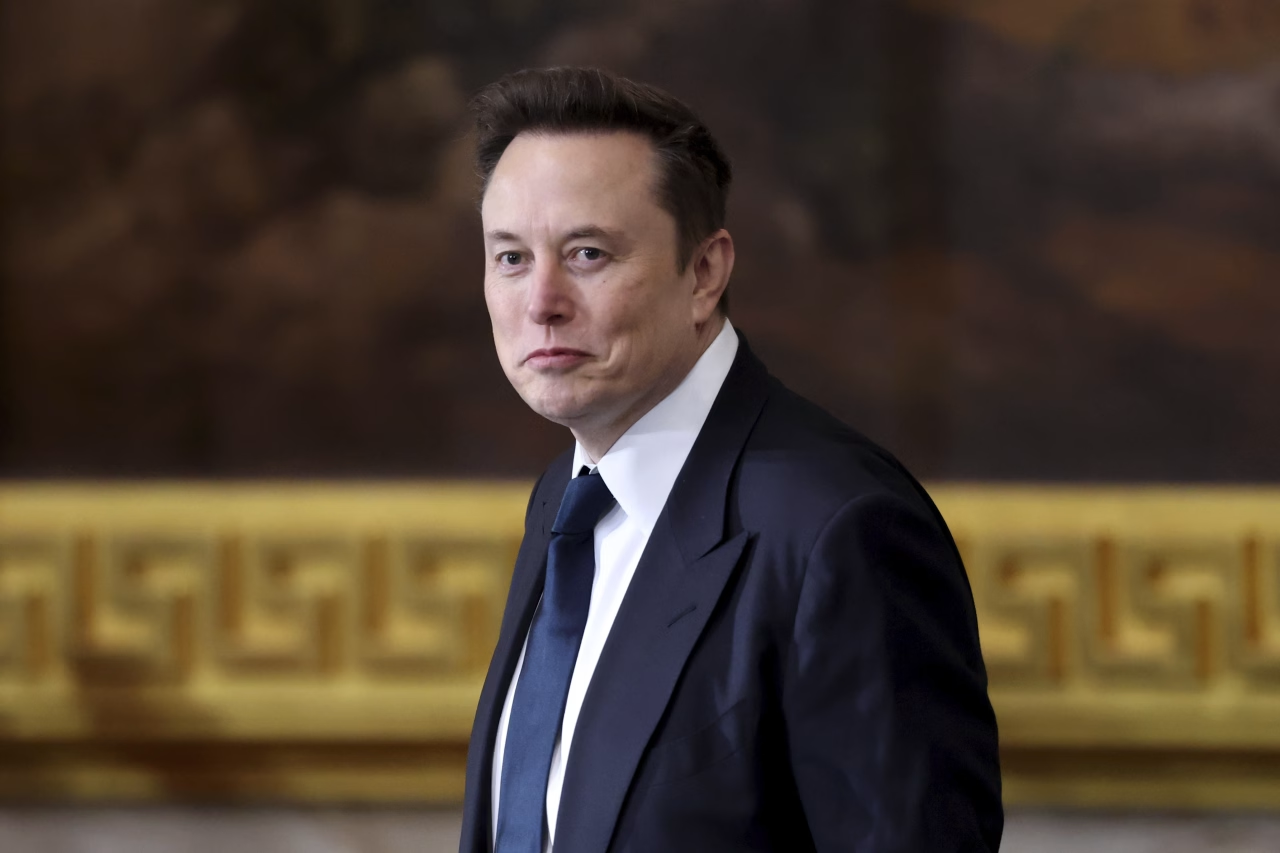Elon Musk’s $1 Trillion Plan to Defend Tesla from “Corporate Terrorists”
Elon Musk, CEO of Tesla, has ignited global debate after stating that his proposed $1 trillion pay package is not about personal wealth but about protecting his company from what he called “corporate terrorists.” Speaking to investors, Musk claimed that influential shareholder advisory firms ISS and Glass Lewis pose a threat to Tesla’s independence by swaying shareholder votes based on their recommendations.
Musk argued that his control over Tesla is necessary to secure the company’s long-term innovation goals in electric vehicles, robotics, and artificial intelligence. He stated, “I don’t want to be ousted because of some asinine recommendations from firms that have no clue about Tesla’s vision.” His remarks came as Tesla shareholders prepare to vote on a new compensation package that could make him the world’s first trillionaire—if Tesla achieves ambitious growth targets.
The package would grant Musk the option to buy 423.7 million additional Tesla shares, potentially worth around $1 trillion if Tesla’s valuation rises significantly. Despite criticism, Musk insists the plan ensures he remains committed to Tesla amid his responsibilities at SpaceX, xAI, and X (formerly Twitter). Learn more about Musk’s ventures through the Tesla and the SpaceX, which outline his broader technological ambitions.
The Battle for Control: Tesla’s Governance and Shareholder Power
Tesla’s governance structure has long drawn scrutiny, particularly regarding Musk’s influence over board decisions. He currently owns 413 million shares and holds conditional rights to 96 million more, giving him approximately 16% ownership of the company. Musk has expressed a desire to expand that stake to at least 26%, arguing it’s the minimum level required to safeguard Tesla from what he views as “unqualified external interference.”
Institutional investors, including index funds, often follow voting advice from ISS and Glass Lewis, whose recommendations carry significant sway across global markets. Both firms previously opposed Musk’s earlier pay deal, yet 73% of independent shareholders approved it in 2018, valuing his leadership as critical to Tesla’s growth. After a Delaware court invalidated that agreement, a second vote reaffirmed overwhelming shareholder support, with 84% approval.
For more insights into Tesla’s shareholder dynamics, visit Nasdaq’s Investor Relations Section, which tracks stock performance and corporate actions in real time.
The Future of Tesla and Musk’s Expanding Empire
Tesla’s board defended the unprecedented compensation package as essential to keeping Musk focused on the company amid his multiple ventures. According to its proxy statement, retaining Musk is “fundamental to Tesla achieving its mission of becoming the most valuable company in history.” Critics argue, however, that such a vast concentration of wealth and control raises ethical and governance concerns.
Musk’s ventures extend far beyond automotive technology. His xAI initiative aims to rival OpenAI and Google DeepMind, while SpaceX continues to expand space exploration and satellite networks through Starlink. These projects illustrate Musk’s pursuit of integrated technologies designed to reshape energy, transportation, and communication systems.
Investors remain divided. Some see the trillion-dollar pay package as an extraordinary incentive aligning Musk’s success with Tesla’s valuation. Others fear it sets a dangerous precedent for corporate governance and executive compensation. To explore broader financial context and valuation trends, visit the Bloomberg Markets Tesla Section, which offers continuous updates on Tesla’s financial outlook.
Despite controversy, Musk maintains that his leadership ensures Tesla’s long-term stability. “It’s not like I’m going to go spend the money,” he told investors. “There just needs to be enough control to make sure the vision stays intact.” As shareholder voting nears, one thing remains clear: the outcome will not only shape Tesla’s corporate trajectory but also redefine executive power in the global technology industry.







